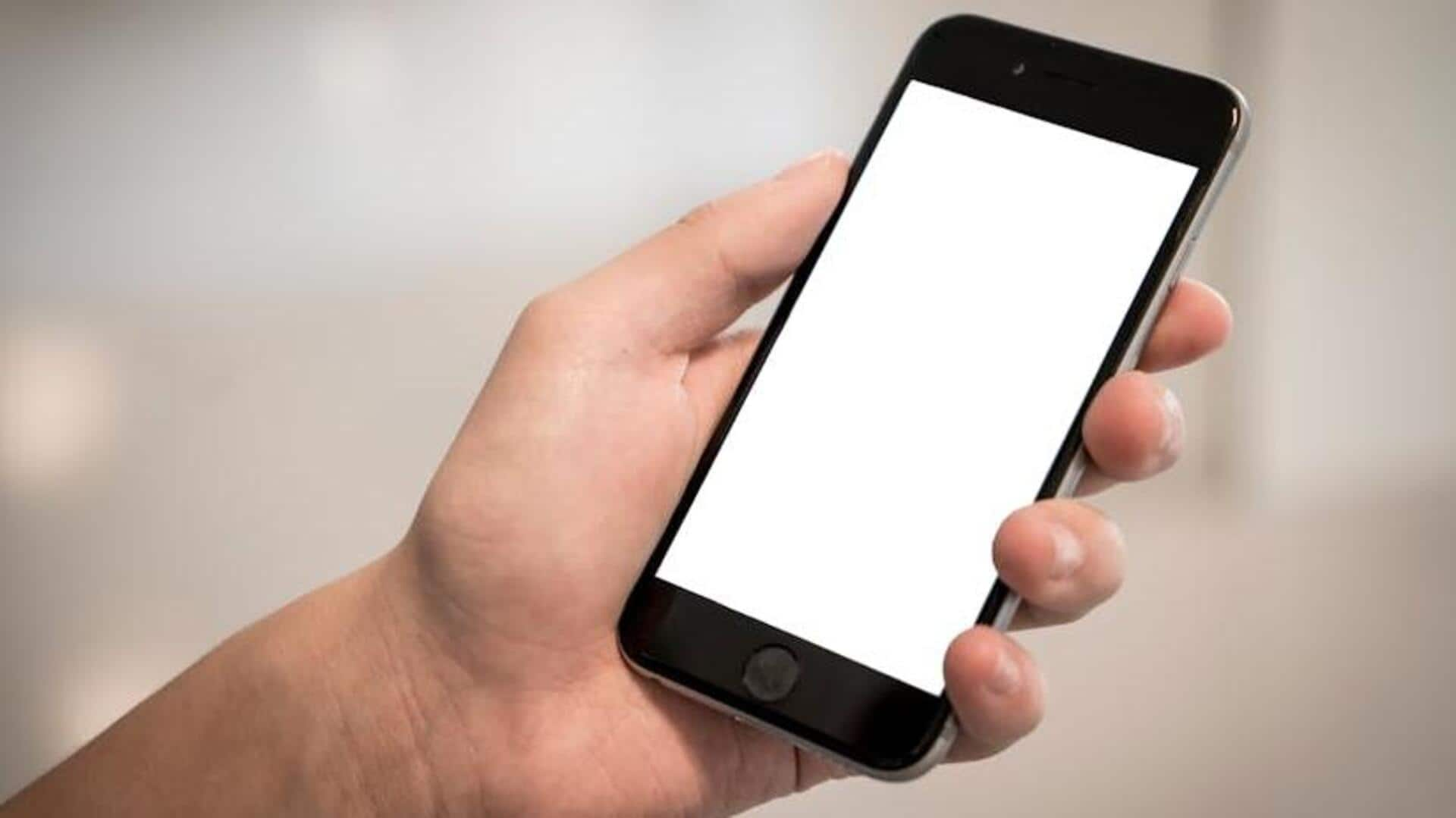
Lost photos? Here's how to recover them from your smartphone
What's the story
Losing photos on a smartphone can prove extremely frustrating, especially because they are often tied to our most cherished memories.
However, the good thing is that there are some ways to recover lost images, effectively.
In this article, we'll take a look at some practical steps and tools that can help you in retrieving those precious photos.
Cloud storage
Check cloud backups
Many smartphones automatically back up photos to cloud services like Google Photos or iCloud.
Checking these platforms is often the first step in recovering lost images.
Users should log into their cloud accounts and browse through the photo library to see if the missing pictures are stored there.
If found, they can easily download them back onto their device.
Recovery tools
Use data recovery software
Data recovery software can help you recover lost files from smartphones. These tools scan the storage of your device to find recoverable data and restore it.
Popular options are DiskDigger and EaseUS MobiSaver, which provide easy-to-use interfaces and effective recovery capabilities.
Remember, it is important to act quickly after data loss, otherwise, continued usage of the phone can overwrite deleted files.
Trash folder
Explore device trash or recycle bin
Some smartphones also come with a trash or recycle bin feature, which temporarily stores deleted photos before deleting them permanently.
You should check this folder within your gallery app, as it might still have recently deleted images.
Normally, items stick around in this folder for a limited period before being removed automatically.
Expert help
Consult professional services if needed
If nothing else works, you'll have to consult professional data recovery services.
These people have specialized tools and knowledge for recovering lost data from smartphones with severe problems, such as physical damage or corrupted storage systems.
Though this option may cost you anywhere between $50 to several hundred dollars (depending on complexity), it would have a better chance of successful recovery in tough cases.